#Joseph MacDonald
Text
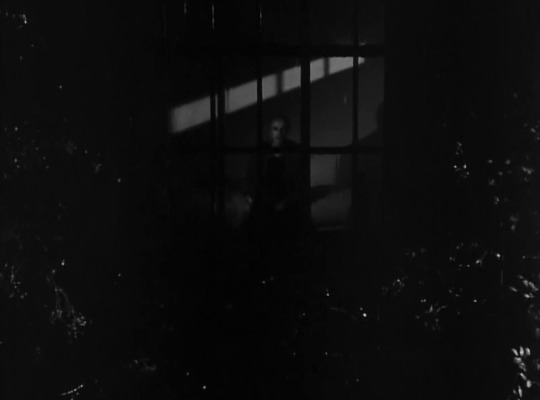
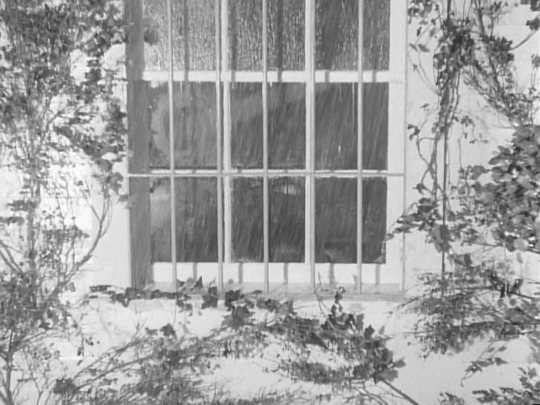

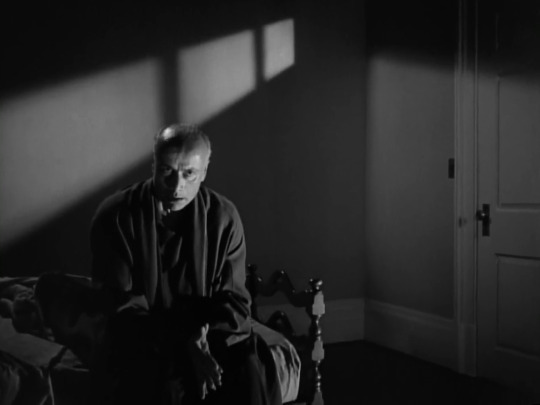
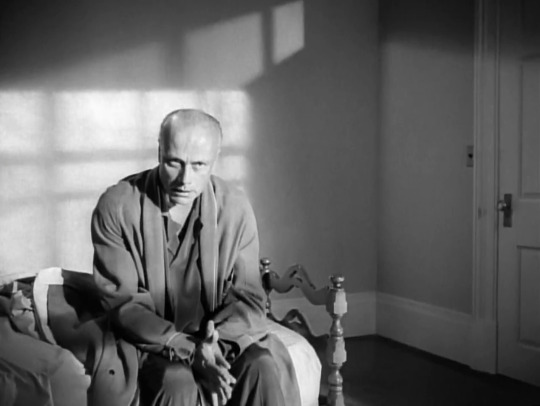

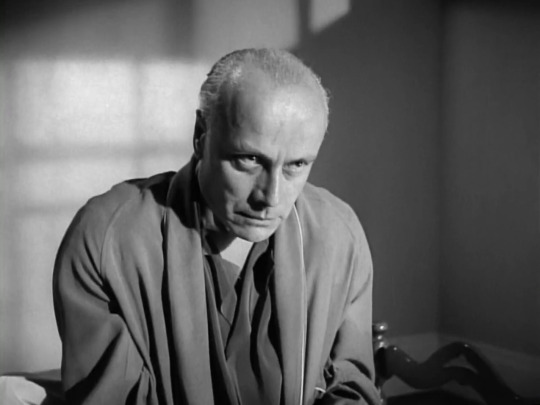
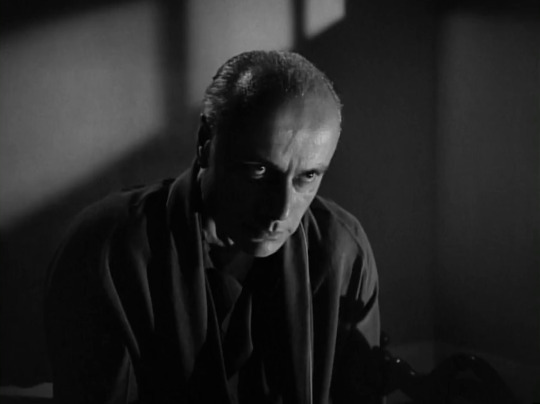
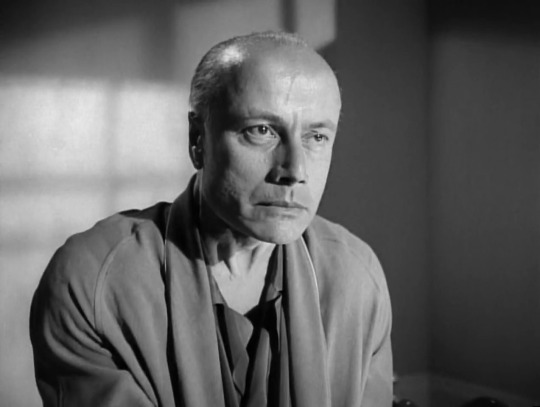
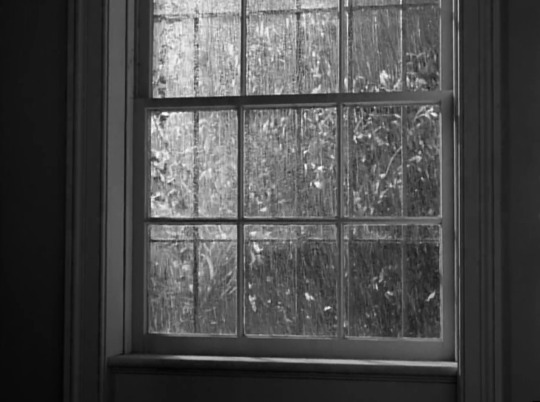
Shock (Alfred L. Werker, 1946).
#shock#shock (1946)#alfred l. werker#joseph macdonald#glen macwilliams#harmon jones#boris leven#lyle r. wheeler#Thomas Little#thomas little#kay nelson
10 notes
·
View notes
Photo

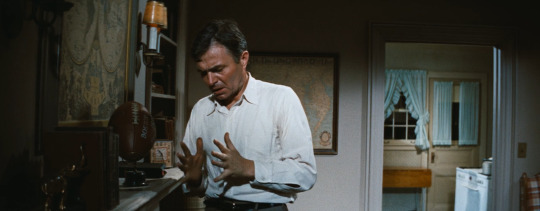


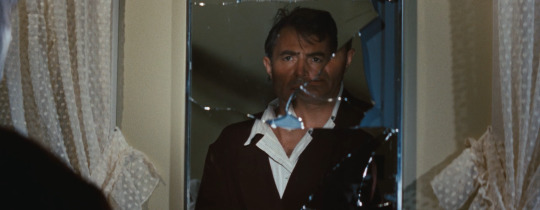
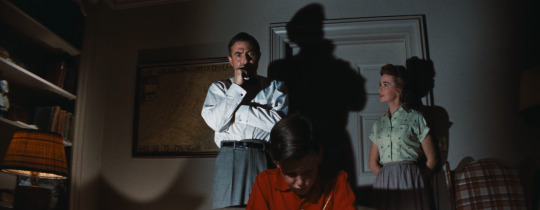


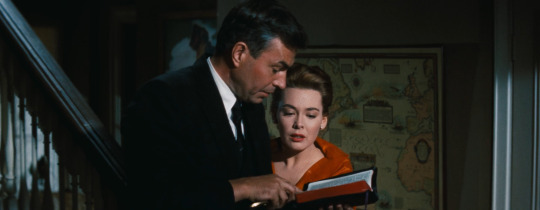

Bigger than life (1956)
#film#movie#bigger than life#dietro lo specchio#Nicholas Ray#Berton Roueché#Joseph MacDonald#James Mason#Barbara Rush#Walter Matthau#Christopher Olsen
22 notes
·
View notes
Photo

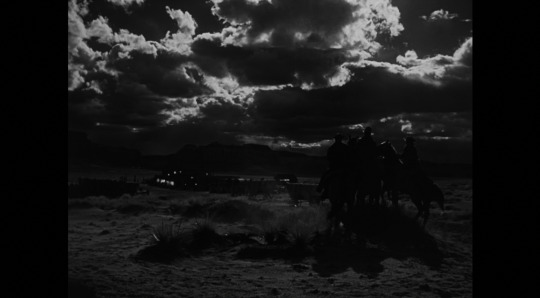
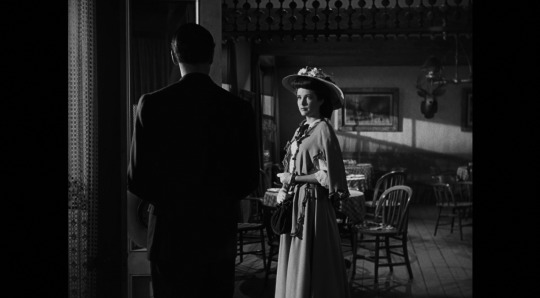
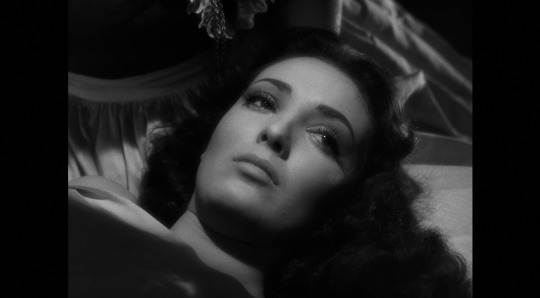



my darling clementine (john ford, 1946)
17 notes
·
View notes
Text

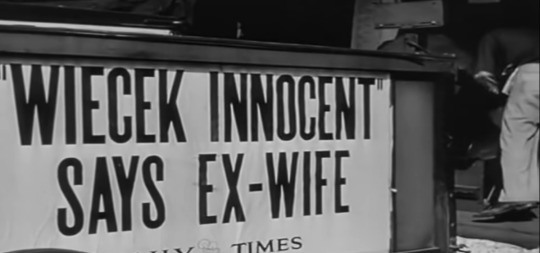


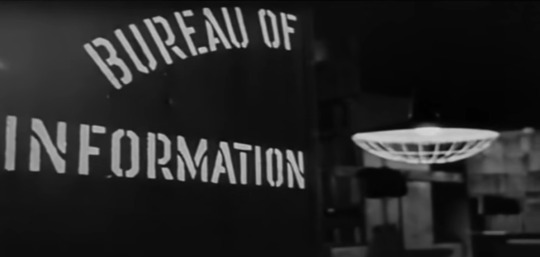
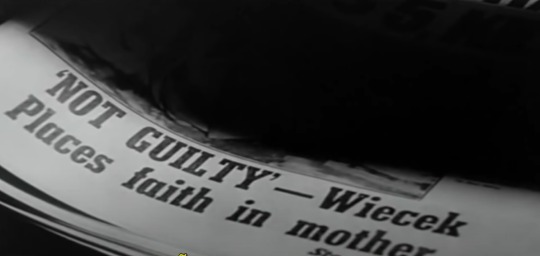
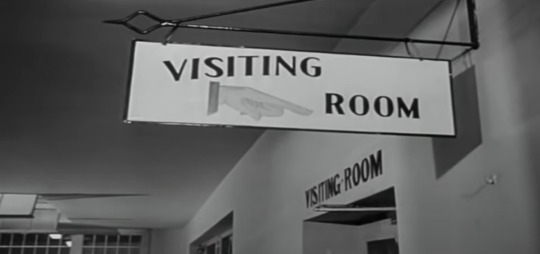

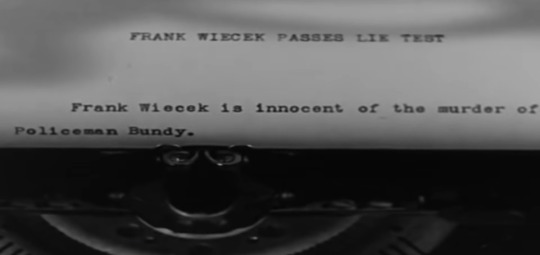

Call Northside 777 (1948) dir. Henry Hathaway
#Call Northside 777#Henry Hathaway#scenes#aesthetic#the art of cinematography#Joseph MacDonald#my edits
3 notes
·
View notes
Photo
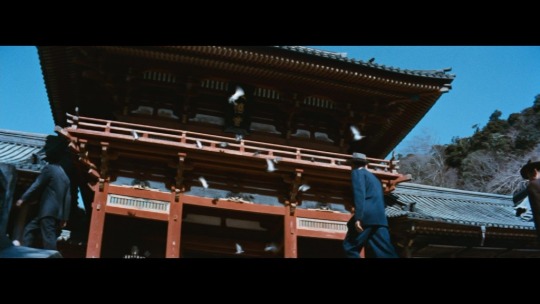




House of Bamboo (Samuel Fuller, 1955), cinematography by Joseph MacDonald
#Samuel Fuller#House of Bamboo#Joseph MacDonald#cinematography#CinemaScope#DeLuxe Color#Robert Ryan#Robert Stack#Shirley Yamaguchi#1950s film#Yoshiko Yamaguchi#color film noir#film noir#crime film
8 notes
·
View notes
Text
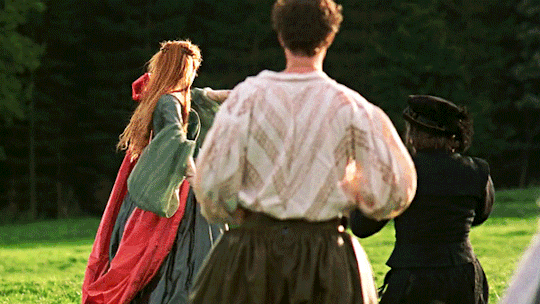
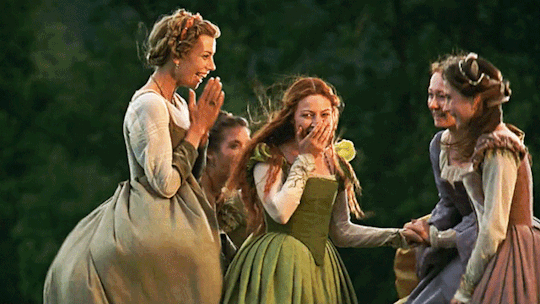

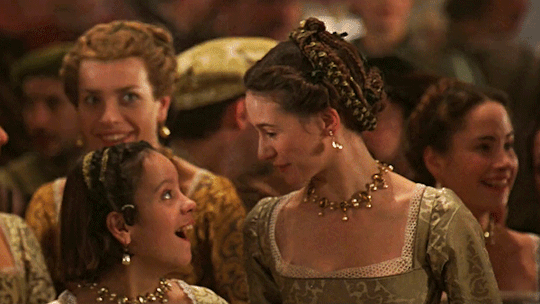
Elizabeth (1998) dir. Shekhar Kapur
#the way those ladies of hers were giggling always has me looool'ing#elizabeth 1998#filmedit#bblecher#perioddramaedit#perioddramasource#perioddramacentral#elizabeth tudor#robert dudley#kat ashley#isabelle knollys#cate blanchett#joseph fiennes#kelly macdonald#otp: for i have lived and so will die only hers#elizabeth x robert#bess and robin#elizabethan era#90's#perioddramasonly#pdedit#onlyperioddramas#16th century#*gifs#*gifset#userrrias#perioddramagif#userrias gifs#weloveperioddrama#userperioddrama
336 notes
·
View notes
Text
Happy birthday to Marshal MacDonald! November 17, 1765
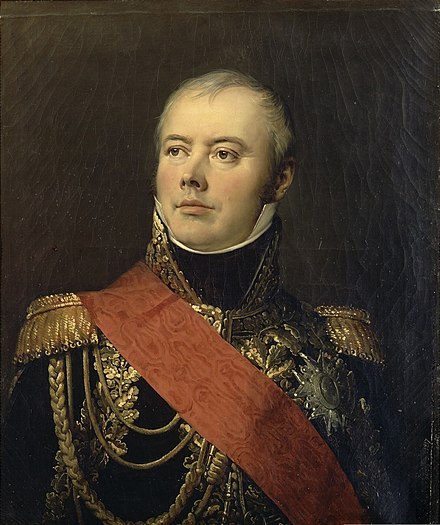
31 notes
·
View notes
Note
A fun little ask: the Marshalate is informed there is cake in the break room. How do each of them react?
Who ever you are, thank you for this sweet little question and I apologise for my late response. 🙈💕
I have ideas for some of them, however I am **not** aware of the maréchals eating habits so any input is welcome here. Also, I don't know all of the marshals well enough but I will try to include as many as possible. Don’t expect any historical accuracy in this.
See this post as a very big headcanon and as one ongoing story where I am going to try to mimic the marshals characters and miserably fail.
Shall we begin? :D
Les Maréchals and cake
Berthier would hear about it and quietly get excited by the idea of having a nice little piece of cake, just for him to be too busy with everything so that he isn't able to leave his desk. Either this or someone (probably one of his adcs) would be nice enough to get for Berthier his piece of cake.
Murat: You bet he is one of the first ones to look at this cake. His reaction might depend on how the cake looks. If it's a huge cake with a lot of golden details, Murat will carry it around so everyone admires this phenomenal cake because it deserves to be looked at.
Augerau and Masséna wonder why there is such a fancy a cake in the break room in the first place and who might have put it there. Augerau asks Masséna with a low voice: “How much money do you want to bet on the cake being poisoned?” Before Masséna is able to answer, Lannes enters the scene.
Lannes runs after Murat with the cake knife demanding to finally get his damn piece of this cake while Murat can't make himself to cut it because this cake is “so damn beautiful that it would be a waste to eat it.” This little game goes on for a minute or two until the other marshals grow impatient, one of them being Ney.
Ney who is known for his hotheadedness tries to save this cake from a disaster aaaaand fails. :) The three of them dispute over who is the actual culprit of this mess.
L: Murat, what have you done?
M: I have done nothing. You followed me with a knife.
N: You let the cake fall.
M: You intervened in my business with Lannes.
The cake has fallen to the ground as Davout, Suchet and Macdonald watched. “Aaand here goes the cake”, Macdonald says; “At least the floor was able to taste it.”
Suchet asks: “What do you think was its flavour?”
”Chocolate vanilla.” Davout answers. After a moment of silence, he adds. “Soult has a good recipe.”
Mortier walks in, seeing how Lannes, Murat and Ney are loudly disputing while Masséna and Augerau get themselves black coffee and Davout, Suchet and Macdonald talking. Lefebvre who was walking right behind Mortier gestures him to move away from the door so he can get into the break room: “What is going on?”
Suchet: “We found a cake-“ Davout interrupts him: “We found a chocolate vanilla cake which we don’t know how it got here or if it was poisoned and now it’s inedible because his royal highness, the King of Naples, made it fall.”
Murat shouts from the back: “I didn’t let it fall.”
Lannes: “Oh, you did.”
Lefebvre offers a solution like the good fatherly figure he is: “Do you still want cake? We could bake a new cake, messieurs.”
Davout replies: “This sounds like a smart idea, Monsieur. Maréchal Soult knows an excellent recipe.”
Lefebvre: “Ahh, excellent. Where is our maréchal?”
Mortier: “He is in his office.”
“Then this where our journey goes next.” Lefebvre slams the door open and accidentally hits Oudinot. “Ah, Monsieur, my apologies. If I had known you were there, I wouldn’t have slammed the door as hard as I did. Are you alright? Yes? Until the next time then.”
Davout walks up to his friend to make sure how Oudinot is doing and explains to him in the meanwhile what is going on and also promises Oudinot to bring him a piece of the cake they are going to bake.
Lefebvre takes the lead and walks straight to Soult’s office while Davout and Mortier follow him. Suchet decides to stay behind while Macdonald thinks about it.
Lefebvre knocks on Soult’s office door: “Monsieur, le maréchal? Are you here?” *Lefebvre knocks again with his energetic manner.* “Monsieur, le maréchal, it’s me, Lefebvre. Open the door!*
Soult opens the door with his usual unimpressed demeaner: Hm?
Lefebvre: “Excusez-moi, mon maréchal, I heard you have a recipe for a delicious cake?”
Soult: Cake? What cake?
Davout: The chocolate vanilla one… the one you baked for your daughter Hortense’s birthday. The delicious one.
Soult: Ah, yeah. That one. What of it?
Mortier: We would like to bake this cake, which is why we want to ask if you mind us borrowing the recipe?
Soult stares at his co-maréchals for a second, he shuts the door, opens it again with a piece of paper in his hand which he gives to Lefebvre. “Here. Is there anything else you need?”
Macdonald who decided to join the baking group walks up to them and asks Soult: “Would you mind to lend us your baking equipment?”
- “No. Have a nice day.”
Soult shuts his door while Lefebvre shouts: “Thank you for your help, Monsieur Soult.”
Macdonald asks: “What are we going to do now?”
“We are going to bake the cake now, my good friend”, Davout answers.
Mac: “Where? Where do you want us to bake the cake? Do we have the right ingredients?”
D: In the kitchen and I don’t see why we shouldn’t have the ingredients.
Macdonald looks at Davout with suspicious eyes about the matter if they are going to manage to bake this cake…
The group of maréchals appear in the imperial kitchen where they start to gather the right ingredients. While the group is busy with the preparations, les maréchals Pérignon and Sérurier appear, wondering what is going on. As Lefebvre is explaining these two their baking journey up until now, Pérignon and Sérurier decide to join them: “A cake made by maréchals for maréchals.”
What could possibly go wrong with two additional heads in the kitchen? As it turns out: Everything.
Pérignon and Sérurier manage to overdo the cake by confusing salt with sugar. The cake tastes salty, the icing itself is fine because it was made by Davout who religiously followed Soult’s directions. In addition to that, monsieur Lefebvre manages to mix up usual paper with baking sheets.
Bernadotte walks into the kitchen as he sees his fellow maréchals working on their baking project. He comments on the scenery: “This is just pure chaos without any discipline, a chaos which can’t possibly create something edible.”
Davout replies “Well, have you ever baked anything in your miserable existence which you so call your life?”; to which Bernadotte says: “wELL, no, BUT-“
Davout continues: “Then get out of this room and give me my peace back or shut up.” Bernadotte decides to leave.
As Bernadotte is leaving, Jourdan walks right into the scene with an apple in his hand. A fire starts to break out in the oven and Jourdan, like the team player he is, turns and leaves this mess to his co-maréchals without saying one word.
Nothing is going as Davout had it planned. He sits in a corner, mourning this beautiful chocolate vanilla cake he had in mind. Macdonald sits right next to him with a spoon, telling him: “Well, at least the frosting you made yourself is delicious.”
Davout, completely shattered by the fact that he wasn’t able to make his desired chocolate vanilla cake, puts his face into his palms until a surprise visits the kitchen: It’s maréchal Soult. With a cake. A chocolate vanilla cake. A chocolate vanilla cake which is neither burnt nor oversalted. A chocolate vanilla cake according to the recipe. Next to Soult is Oudinot who cuts two pieces of the cake: one for himself and one for his good old friend, Louis Nicolas Davout.
After Soult, Ney and Lannes enter the kitchen. Ney silently takes a piece of Soult’s cake, saying nothing except a simple “thank you”. So do Macdonald and Mortier. Soult tolerates Ney’s presence. Lannes on the other hand goes straight to the oversalted and burnt cake which the older maréchals made and are also eating. Kellermann and Grouchy, as late to the party as ever, also go for Lefebvre’s bad cake while Soult’s good cake is still sitting there. Soult can’t hide his look of disgust.
At some point, Bessières and Murat join or rejoin retrospectively the scene, walking up to Soult’s cake. Bessières, as well mannered as he is, takes one piece of a cake to which Murat comments: “I know how much you like this lovely type of cake, Bessières, take a second piece.”
- “No”, Soult replies: “That’s not your cake. Take your piece and leave.”
Murat adds: “For whom are the other pieces then? I don’t see anybody who would possibly want to eat this gorgeous baked good. We want to eat your delicious creation of a fabulous cake.”
- “One piece each. You can give him your piece if you like to.”
Bessières interrupts the two: “I am content with my piece.”
Murat doesn’t listen to what Bessières says and continues his conversation with Soult: “My fellow maréchal, I don’t understand, why do you struggle so much with allowing somebody to have one additional piece of cake than the other ones?”
While Murat and Soult continue their dispute which leads to nowhere, one adc enters slowly the kitchen. He looks at Soult who recognises this man as one of Berthier’s adcs. He came to get a piece of cake for his marshal. Soult lets him take one of the few pieces left.
All of a sudden, Kellermann seems to be chocking on his salty cake piece. All the maréchals are gathering around him and in the chaos, the last few pieces of Soult’s cake fall to the ground. Soult looks at his cake or what’s left of it. One could argue that everyone who wanted to eat it was able to eat it. One could argue that these fallen pieces can be ignored and Soult could go on with his day never ever thinking about the pieces again. However, we are talking about maréchal Soult here who sees the art in baking. The love, the accuracy of it. Today he didn’t just bring cake to his fellow maréchals. Today he witnessed how some of them have no sense of dignity for what it means to be able to eat good food. Good cake. Soult is leaving the room, not bothered about Kellermann as he wouldn’t be able to help anyway. He is going to his wife, his Louise Berg, who asks him about his day. He tells her the whole of it. How he was surprised by his fellow maréchals who wanted to bake a cake. How he knew that they are going to mess up his recipe. How he baked that cake properly and how a part of it went to waste. “Some of them ate oversalted and burnt cake. Who eats bad cake? Who likes bad cake???”
Davout on the other hand was thankful for Soult. With a smile on his face, Davout enjoyed his so desired chocolate vanilla cake, unbothered by the event surrounding him.
The end. :)
#Napoleonic headcanon#headcanon#napoleonic#louis alexander berthier#joachim murat#charles pierre augerau#andré masséna#jean lannes#michel ney#louis nicolas davout#louis gabriel suchet#étienne macdonald#édouard mortier#nicolas charles oudinot#françois joseph lefebvre#jean baptiste bernadotte#jean baptiste bessières#jean baptiste jourdan#jean de dieu soult#louise berg soult#And the rest :)#i am too tired for this#i hope you like it#cake
52 notes
·
View notes
Text
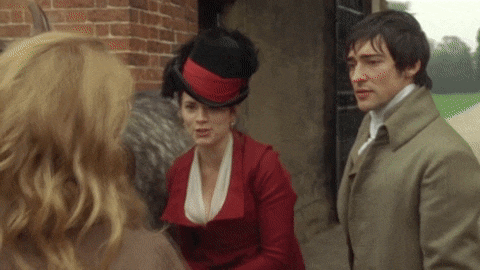

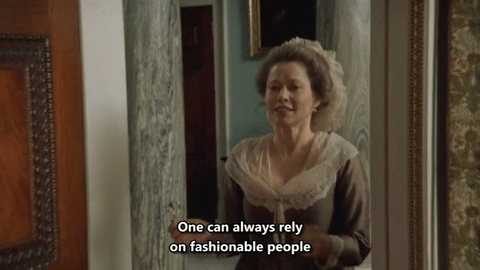
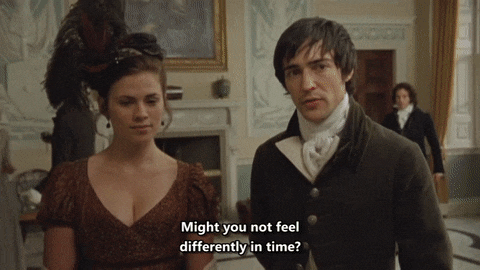
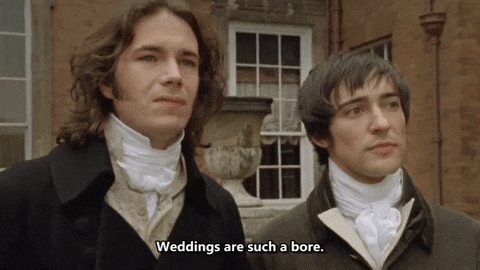
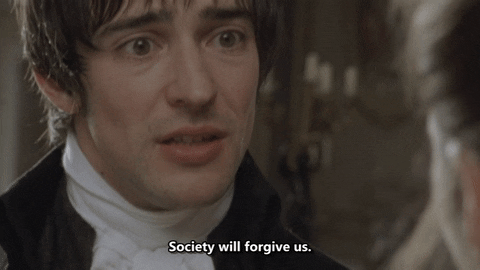

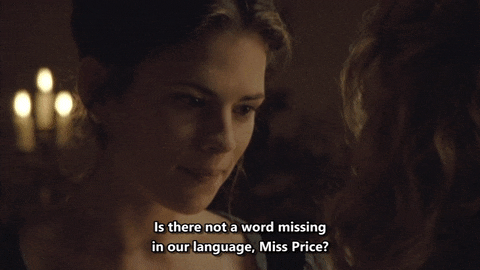
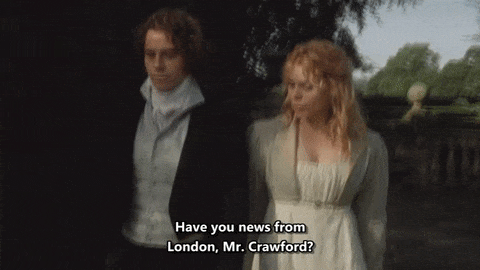
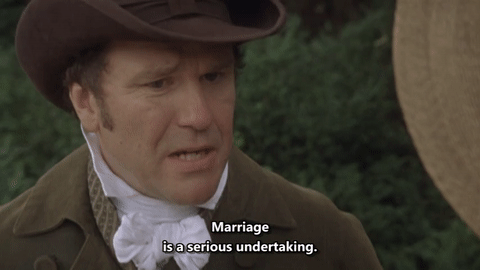
Mansfield Park (2007)
#Mansfield Park#2007#movies based on books#Iain B. MacDonald#Hayley Atwell#Joseph Beattie#Billie Piper#Blake Ritson#James D'Arcy#Douglas Hodge
19 notes
·
View notes
Text
“HOWARDS END” (2017) Review
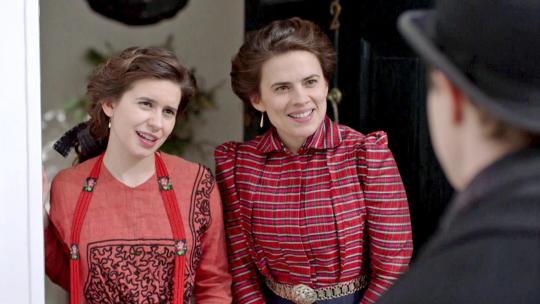
"HOWARDS END" (2017) Review
If there is one production company associated with the works of E.M. Forster it is Merchant-Ivory, the creation of producer Ishmail Merchant and director-producer James Ivory. I find this odd, considering that Merchant-Ivory have only adapted three of Forster's novels. One of those novels is "Howards End", published in 1910. There have been at least three on-screen adaptations of the latter - a 1970 BBC movie, Merchant-Ivory's 1992 Oscar winning film and the ITV's 2017 miniseries. This particular article happens to be about the latter.
"HOWARDS END" is basically an exploration of social and class divisions in Edwardian Great Britain, through the viewpoints of three families - the intellectual and idealistic Schlegels, the Wilcoxes; who are wealthy capitalists; and the working-class Basts. Sisters Margaret and Helen Schlegel become acquainted with the Wilcox family during a trip to Germany. When Helen, the younger Schlegel sister, visits the Wilcoxes at their country house, Howards End. She becomes attracted to the younger Wilcox son, Paul, and they become engaged in haste. However, the pair soon regret their decision and quickly break off their engagement. but soon regret their decision, breaking off the engagement by mutual consent. Months later, the two sisters and their younger brother Theobald "Tibby" Schlegel attend a musical concert, when Helen accidentally takes an umbrella that belongs to the impoverished clerk Leonard Bast. He appears at the Schlegels' home to retrieve it but leaves in a hurried after becoming embarrassed by his umbrella's shabby quality and appearance. Several months more pass before Leonard's common-law wife, Jacky, appear at their home, demanding his whereabouts. Apparently, Leonard had embarked upon a long walk into the countryside upon leaving work. He returns to the Schlegels' home to explain his disappearance and quickly forms a friendship with the two sisters.
Meanwhile, the Schlegels renew their acquaintance with the Wilcoxes when the latter move into a London townhouse, across the street from the latter, for oldest son Charles' wedding to a young woman named Dolly. With Helen visiting relatives in Germany, Margaret begins a friendship with Mrs. Ruth Wilcox. But their friendship is cut short by the latter's death. Sometime after Ruth Wilcox's funeral, the Schlegels become acquainted with the Wilcoxes again when Margaret and Helen encounter the recently widowed Henry Wilcox around the same time their friendship with Leonard Bast begins. Between Henry's bad employment advice regarding Leonard, Helen's developing dislike of Henry, and Margaret's growing attraction toward the businessman; a clash between social and political classes spiral toward a startling conclusion.
I had first learned about this third adaptation of Forster's novel through a blog that centered around period movie and television productions. The writer, a major fan of the 1992 adaptation, had quickly dismissed this production (without having seen it, I may add) as not worth viewing. Considering my past experience viewing the 2007 television adaptation of "A Room with a View", I had felt inclined to follow the blogger's advice. But in the end, I had decided it would have been fairer to give "HOWARDS END" a chance. I am more than glad I did.
Mind you, I had a few quibbles about "HOWARDS END". If I must be honest, I can only think of three quibbles right now. The miniseries featured a scene I believe should have involved a bit more of an emotional impact. This scene featured Margaret Schlegel's response to Henry Wilcox's decision to end their engagement, following the revelation of his past affair with Jacky Bast. I can see Margaret keeping her cool, while facing Henry's emotional decision. But even in the privacy of her room, Margaret had remained calm, almost cold, as he contemplated her next move. I do wish that director Hettie MacDonald and screenwriter Kenneth Lonergan had allowed a small peek into any emotional turmoil on Margaret's part. I also found her reaction to seeing Henry again, at his daughter Evie's wedding, a bit odd. She seemed a bit too . . . controlled, even after Helen had led her and Leonard away. Speaking of Jacky, I consider my third quibble to be a major narrative problem. And it is a problem shared by Forster's original novel and the 1992 film. What in the hell happened to Jacky Bast? Neither this miniseries, the novel or the movie bothered to reveal or hint Jacky Bast's fate, following that final event at the Howards End estate. It seemed clear that once poor Jacky had served her purpose in exposing Henry's past, Foster did not give her another thought. Screenwriter Ruth Prawer Jhabvala had decided to be faithful to the novel in her screenplay for the 1992 movie. I had hoped Lonergan would resolve this issue in miniseries' screenplay. Unfortunately, he had merely repeated Forster's mistake.
Despite my issues, I really enjoyed "HOWARDS END". Much more than I had fully expected. Thanks to Hettie MacDonald's direction and Kenneth Lonergan's screenplay, I thought the miniseries did an excellent job in exploring the different social classes and political beliefs that permeated the story. I do not know if I would label the Wilcoxes as part of "the upper classes". Before World War II, only members of the aristocracy and landed gentry were regarded as the upper classes. The Wilcoxes are obviously rich capitalists, whose fortune had originated in one or many of the British colonies overseas. Before the war, they would be regarded as "trade", regardless of their wealth. I sometimes found myself wondering if Henry Wilcox's attempt to find a family estate of his own was indicative of his desire for the family to be regarded a lot higher than mere rich capitalists. After all, his first wife Ruth, whose family had owned Howard End for generation, may have come from the landed gentry. Henry and his children did not seem interested in living at Howards End. Yet, they seemed determined that Ruth's desire to pass the estate to Margaret would be prevented. I find it strange that none of this had ever occurred to me, while watching Merchant-Ivory's film or reading Forster's novel.
Then again, I should not have been surprised. Watching this miniseries had made me aware of a lot of issues and emotions in the story - more so than the film and novel ever did. In at least two scenes, the miniseries seemed to have further exposed Henry's bullying and hypocritical nature. This was apparent in one scene in which he dismissed some of Helen's progressive views in a friendly, yet arrogant manner during her stay at Howards End in the first episode. Another scene featured Henry's refusal to consider that his advice regarding Leonard's employment had left the latter jobless. I found his reaction to Leonard's situation so arrogant and insensitive that I had to fight the urge to punch my fist through the television screen. I also noticed in some of the scenes featuring Ruth Wilcox that despite her gentle and soft-spoken nature, she seemed to exercise a strong grip on her family - including Henry. One very interesting scene in this miniseries featured Margaret and Helen's discussion about the Wilcoxes and the latter's negative comments on the wealthy family. Also, this version of Leonard Bast seemed not only more timid, but also more insecure.
What I found surprising about this adaptation is the less-than-ideal portrayal of the Schlegel sisters. Mind you, MacDonald and Lonergan's portrayal of "Tibby" Schlegel did not hesitate to expose the character's sharp wit, arrogance and self-absorbed nature. One brutal moment featured Tibby refusing to speak to Leonard, when the latter appeared at the Schlegels' current home to learn Helen's whereabouts. And as shown in the 1992 adaptation, the pair also exposed Helen's over-emotional reaction to the Wilcoxes and Margaret's relationship with Henry, along with Margaret's willingness to throw the Basts under the bus, when their very presence (I should say Jacky Bast's presence) proved to be a major inconvenience to her engagement. But I was surprised by MacDonald and Lonergan's willingness to expose Margaret's shallow fascination of Henry Wilcox's "manly" traits and his wealth - something I suspect that may have led her to consider him as a potential husband. Another moment that caught me by surprise was Helen's disregard for Jacky Bast and the dismissive comments she had made about the latter. She only seemed interested in Leonard, who somewhat shared her family's intellectual pursuits.
Just about every performance featured in "HOWARDS END" struck me as first-rate. I could not think of one misstep within the cast - at least as performances were concerned. Mind you, I thought casting Matthew MacFadyen and Julia Ormond as Henry and Ruth Wilcox was a bit problematic. Especially since Ormond is nearly a decade older than MacFadyen. But I cannot deny that both gave excellent performances. Ormond did a great job in portraying a soft-spoken and graceful woman who was not only in a state of physical decline, but also managed to exact a strong will over her family. I was really surprised by MacFadyen's portrayal of Henry Wilcox, but I thought he gave a fabulous performance as the domineering, yet short-sighted businessman who reeked of toxic masculinity. Although his appearance in the miniseries was brief, I thought Jonah Hauer-King gave a solid portrayal of the younger Wilcox son, Paul. Bessie Carter and Yolanda Kettle struck me as equally solid as Henry's only daughter, Evie Wilcox and Charles' bride and later wife, Dolly Wilcox. But I was very impressed by Joe Bannister's portrayal of elder son Charles Wilcox. I thought he did an excellent job of conveying the character's conservative and brutish nature without any taint of cartoonish acting.
Alex Lawther gave an excellent performance as the eccentric and self-absorbed Tibby Schlegel. Why do people assume that performers known for comedy would have such difficulty in dealing with dramatic roles? I never understood this attitude, considering comedy is known for being more difficult to perform. Tracy Ullman, who portrayed the Schlegels' Aunt Juley Mund had no difficulty in seamlessly utilizing both comedy and drama in her first-rate portrayal of the meddling, conventional, yet well-meaning woman. I thought Rosalind Eleazar gave an exceptional performance as Jacky Bast, a former prostitute who also happened to be Leonard's ill-fated woman. Eleazar managed to infuse a sense of desperation in Jacky, who struggled unsuccessfully to keep her and Leonard from falling into some kind of social and economic abyss.
It seemed good to see Hayley Atwell in a properly dramatic role, after spending years appearing in the Marvel Cinematic Universe films and television shows. I thought she gave a first-rate portrayal as Margaret Schlegel, the warm and strong-will sibling of the Schlegel family. Atwell did an excellent job of conveying Margaret's most admirable traits and at the same time, exposing the character's more questionable ones with great subtlety. I especially admire her performance in one scene in which she tried to force Henry to face his hypocritical refusal to forgive Helen's state as an unmarried mother, in comparison to his adulterous past with Jacky Bast. Joseph Quinn recently made a name for himself as an eccentric high school student during Season Four of the Netflix series, "STRANGER THINGS". But I was more than impressed by his portrayal of the intellectual wannabe, Leonard Bast, who found himself befriending the Schlegel sisters. Quinn did a great job in not only portraying Leonard's intelligence and longing for intellectual pursuits, but also his growing insecurities as he found his life being drawn even closer to the Schlegels and the Wilcoxes. But if I had to vote for the best performance in "HOWARDS END", I would select Australian actress, Philippa Coulthard. I thought she gave a superb performance as the younger Schlegel sister, Helen. I really admired how Coulthard conveyed Helen's emotional journey throughout the story; especially in scenes that featured Helen's scathing commentary on the Wilcox family, her growing hostility toward Margaret's romance with Henry Wilcox, her complicated relationship with Leonard and especially her anger at the Basts' destitute situation in the wake of Henry's poor employment advice.
One aspect of "HOWARDS END" that really took me by surprise was the excellent qualities of the miniseries' production values. Mind you, Sheena Napier's costume designs never attracted the same kind of acclaim that those from the 1992 movie. If I must be honest, I actually enjoyed her designs (as shown below):
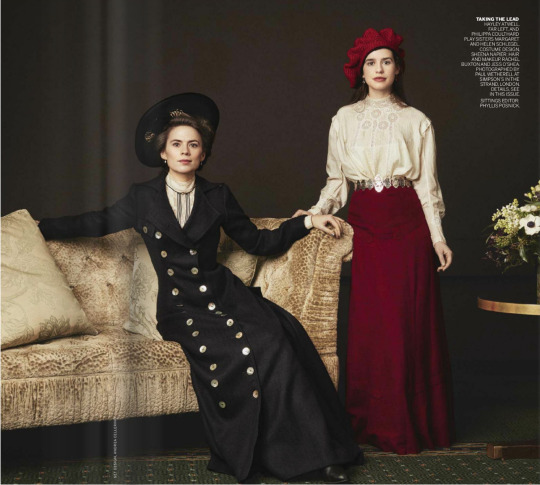
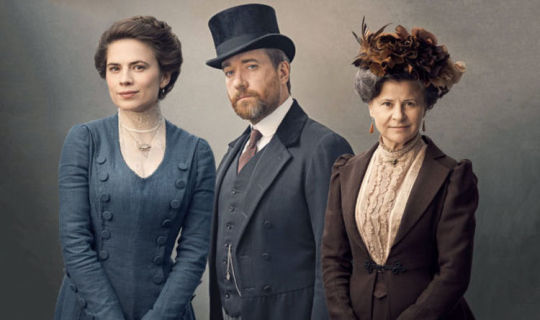
I found them quite colorful and beautiful without being too stylized or glamourous. Considering the characters viewers are dealing with, that seemed sufficient to me. I also enjoyed Wojciech Szepel's beautiful photography, especially in locations in London, Dorset and Buckinghamshire. But what really blew my mind were Luke Hull's production designs. I thought he did a superb job in re-creating Edwardian England, especially those scenes shot and set in London. While watching the miniseries, I felt as if someone had dropped me squarely back into London circa 1905-1906.
"HOWARDS END" managed to score a good number of award nominations, but I noticed that most of them came from lesser award organizations. It did win the BAFTA Award for Best Miniseries, but that was about it. No other nominations from BAFTA, no nominations from the Golden Globes or the Emmys. And all I can say is . . . "what the hell?" "HOWARDS END" proved to be one of the best television limited series I have seen in years. It became a critical darling from the media. Yet, it did not earn or win any major nominations, aside from the BAFTA Best Miniseries award? Were people so busy comparing it to the 1992 Merchant-Ivory film that they were blinded by its own merits? Hell, I believe it is just as good as the 90s film in its own way. I thought Hettie MacDonald, screenwriter Kenneth Lonergan had created an exceptionally first-rate miniseries that featured superb performances from a cast led by Hayley Atwell, Matthew MacFadyen and Philippa Coulthard. Perhaps one day, many other than the media, will appreciate it on its own merits.
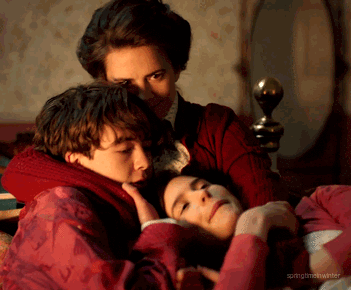
#e.m. forster#howards end#howards end 2017#hettie macdonald#kenneth lonergan#schlegel family#wilcox family#bast family#hayley atwell#matthew macfadyen#philippa coulthard#joseph quinn#tracey ullman#rosalind eleazar#alex lawther#joe bannister#bessie carter#jonah hauer king#julia ormond#bafta award#yolanda kettle#bbc costume drama#costume drama#period piece#period drama
16 notes
·
View notes
Photo

Myles Joseph Evening Sky 1978 photolithographic on paper
231 notes
·
View notes
Text
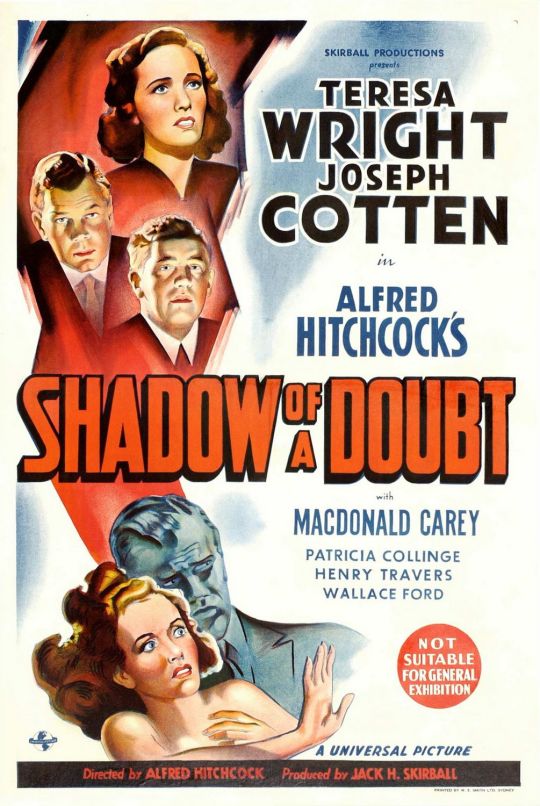
#Shadow of a Doubt#Teresa Wright#Joseph Cotten#Macdonald Carey#Patricia Collinge#Henry Travers#Wallace Ford#Alfred Hitchcock#1943
3 notes
·
View notes
Text
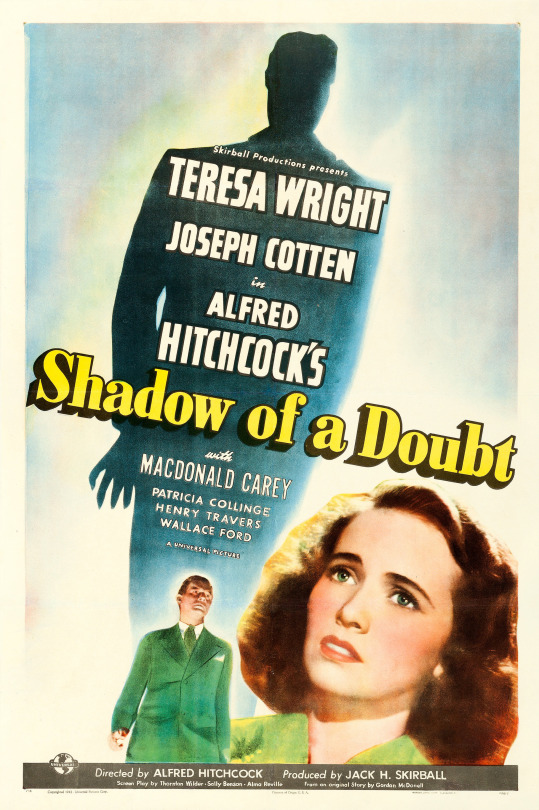
Films Watched in 2023:
110. Shadow of a Doubt (1943) - Dir. Alfred Hitchcock
#Shadow of a Doubt#Alfred Hitchcock#Theresa Wright#Joseph Cotten#Macdonald Carey#Henry Travers#Patricia Coolinge#Hume Cronyn#Wallace Ford#Edna May Wonnacott#Charles Bates#Films Watched in 2023#My Post
2 notes
·
View notes
Text
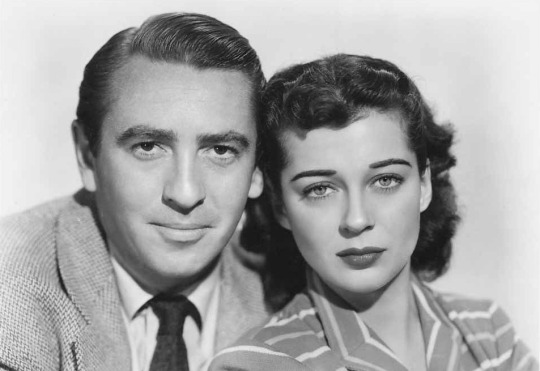
Macdonald Carey-Gail Russell "El forajido" (The lawless) 1950, de Joseph Losey.
4 notes
·
View notes
Text
"The Damned" (1962) - Joseph Losey



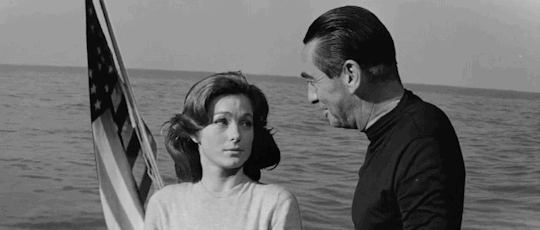
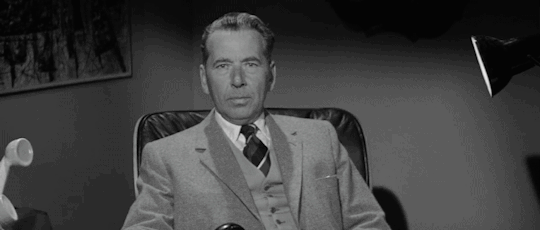

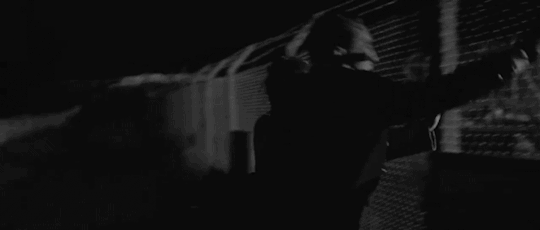
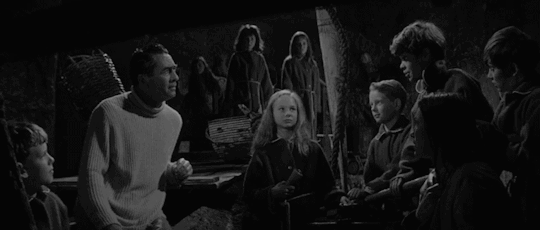
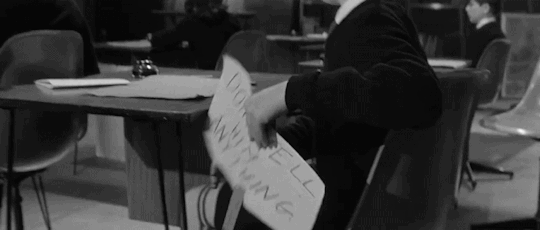

Films I've watched in 2022 (179/210)
#films watched in 2022#The Damned#Oliver Reed#Macdonald Carey#Alexander Knox#Viveca Lindfors#Shirley Ann Field#Joseph Losey#motionpicturelover's gifs
8 notes
·
View notes
Photo
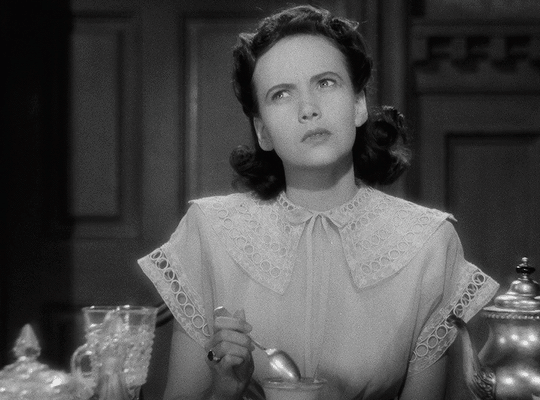
- Oh, what's the matter with you two? Do you always have to talk about killing people?
- We're not talking about killing people. Herb's talking about killing me and I'm talking about killing him.
- It's your father's way of relaxing.
- Can't he find some other way to relax?
Shadow of a Doubt, Alfred Hitchcock (1943)
#Alfred Hitchcock#Thornton Wilder#Sally Benson#Alma Reville#Teresa Wright#Joseph Cotten#Macdonald Carey#Henry Travers#Patricia Collinge#Hume Cronyn#Wallace Ford#Edna May Wonacott#Charles Bates#Joseph A. Valentine#Dimitri Tiomkin#Milton Carruth#1943
8 notes
·
View notes